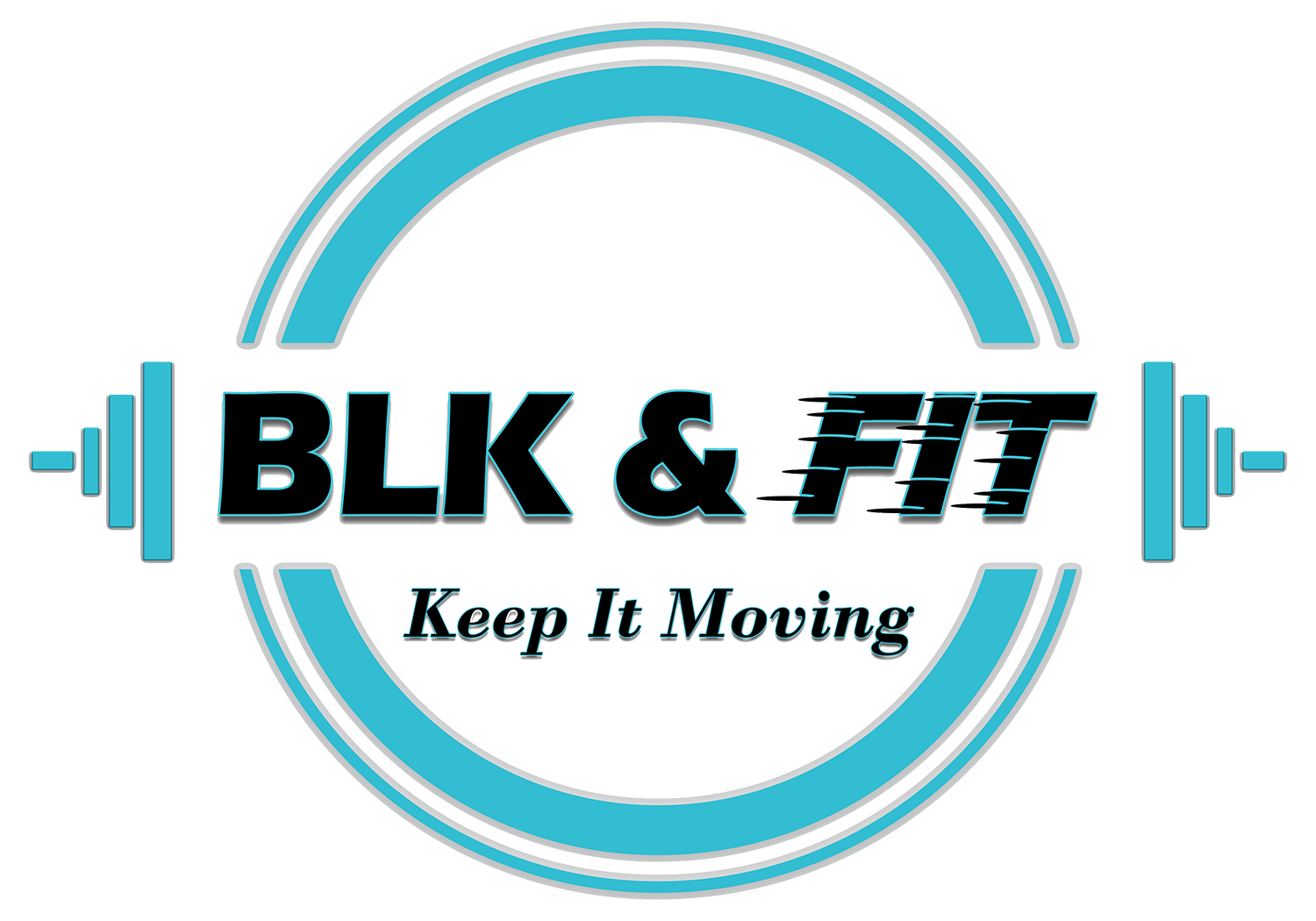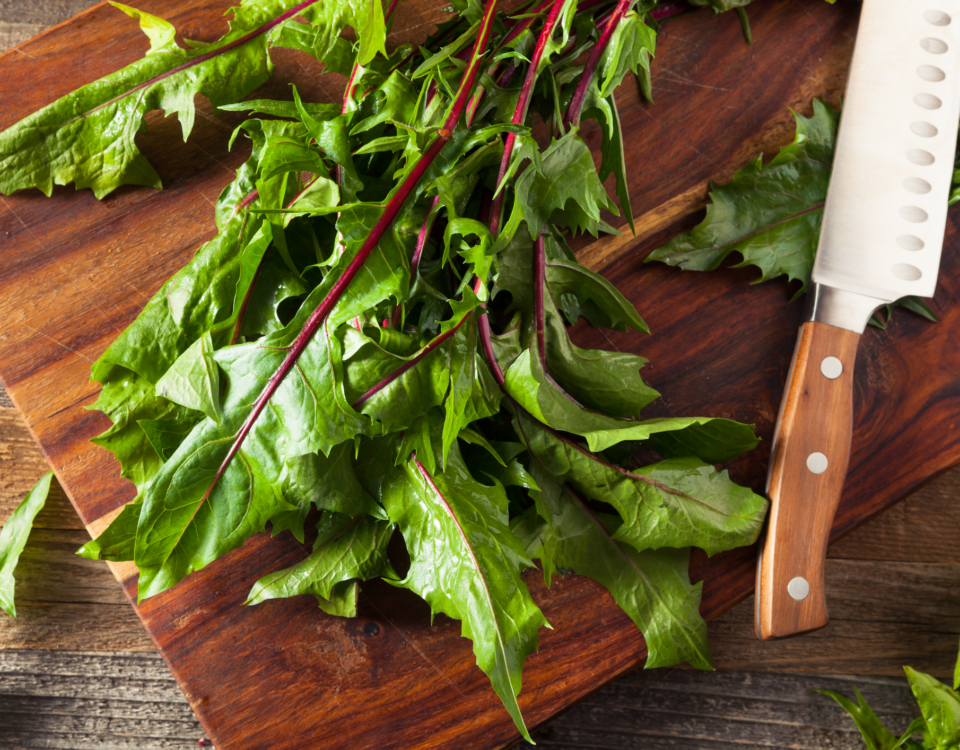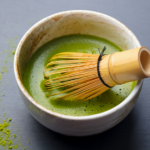6 Iron-Rich Fruits and Veggies to Boost Your Energy
Feeling tired and sluggish more often than not? Your iron levels may be low. Iron, a mineral found in various foods, is one of the most essential nutrients for our bodies. While it may not get as much attention as other vitamins and minerals, it plays a crucial role in maintaining good health.
Other symptoms of iron deficiency include:
- Pale skin and fingernails
- Weakness
- Dizziness
- Headache
Why is it important to have iron in your diet?
- Iron and Red Blood Cells
Iron is a fundamental component of hemoglobin, a protein present in red blood cells. Hemoglobin’s primary function is to transport oxygen from the lungs to the rest of the body and carry carbon dioxide back to the lungs for exhalation. Without adequate iron, red blood cells cannot produce sufficient hemoglobin, leading to a condition known as anemia.
- Preventing Anemia
Anemia is a common health issue, characterized by fatigue, weakness, and a decreased ability to concentrate. Iron-deficiency anemia is the most prevalent form of anemia, and it can be effectively prevented and treated by consuming iron-rich foods. Including these foods in your diet can help ensure an adequate supply of iron for the production of healthy red blood cells.
- Boosting Energy Levels
Adequate iron intake plays a significant role in your energy levels. When your body receives enough iron, it can efficiently transport oxygen to your muscles and organs. This ensures that your cells receive the necessary oxygen for energy production. As a result, you feel more energetic and less fatigued when your iron levels are in check.
- Cognitive Function
Iron is not just important for physical health; it also has a significant impact on cognitive function. The brain requires a consistent supply of oxygen to function optimally, and iron supports this process. Iron deficiency can lead to difficulties with concentration, memory problems, and decreased cognitive performance.
- Immune System Support
Iron is essential for a robust immune system. It aids in the production of white blood cells, which are crucial for defending the body against infections and diseases. When your immune system is strong, you are better equipped to fight off ill
Although many meats can provide the body with iron, many fruits and vegetables can boost your iron levels.
Eat these iron-rich foods to give you energy.
Vegetables & Legumes
- Leafy greens (spinach, collard greens, dandelion greens, Swiss chard and kale)
- Tomatoes
- Mushrooms
- Potatoes
- Asparagus
- Chickpeas
- Lentils
- Pumpkin seeds
- Beans (Black, kidney, navy, etc.)
- Tofu
- Broccoli
Fruits
- Dried apricots
- Dried coconut
- Raspberries
- Avocados
Add these foods that are rich in vitamin C to extract the most out of iron-rich foods.
- Oranges
- Lemons
- Kiwi
- Strawberries
- Peppers
*Always consult your physician to determine your health status.










